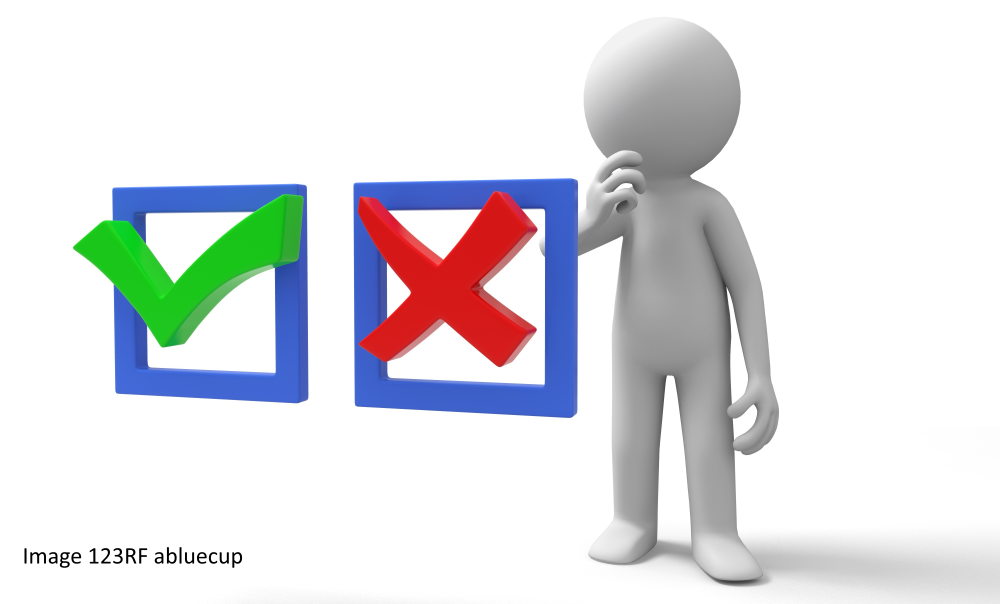Around 2.1 million people of voting age in the UK don’t have photo ID, such as a passport, driving licence or bus pass. In some cases, people may have substantially changed the way they look and don’t look like the photo on their ID. Others may have changed their name on getting married (in which case take your marriage certificate with you).
Unlike previous general elections, on 4 July, no ID, no vote. You’ll be turned away at polling station if you can’t show an accepted form of photo ID. I provide a full list of accepted forms of photo ID below. If you don’t have one, apply for a Voter Authority Certificate by 5pm 26 June. You can apply online. All you need is a recent digital photo of yourself and your National Insurance number.
Accepted forms of photo ID
You can use any of these forms of ID if the date has expired providing you still look like the photo and have the same name as on the photo ID.
You’ll need one of the following types of photo ID to vote:
- a UK or Northern Ireland photocard driving licence (full or provisional)
- a driving licence issued by an EU country, Norway, Iceland, Liechtenstein, the Isle of Man or any of the Channel Islands
- a UK passport
- a passport issued by an EU country, Norway, Iceland, Liechtenstein or a Commonwealth country
- a PASS card (National Proof of Age Standards Scheme)
- a Blue Badge
- a biometric residence permit (BRP)
- a Defence Identity Card (MOD form 90)
- a national identity card issued by the EU, Norway, Iceland or Liechtenstein
- a Voter Authority Certificate
- an Anonymous Elector’s Document
- an older person’s bus pass
- a disabled person’s bus pass
Why is this happening?
There has been little evidence of voter impersonation. Just three convictions and nine cautions in the seven years to 2020. However, the Conservatives were determined to press voter ID through parliament. Research shows that the more barriers put in place to people voting, the more those not fully engaged with politics or marginalised in society don’t turn out to vote. This supports the Conservative agenda of restricting voting to exclude those who might not support them. In the USA, voter suppression is commonplace in Republican dominated states because it weakens the vote for Democrats. Here the Lib Dems have pledged to abolish voter ID, Labour has only promised to review it. Both Philip Dunne and Stuart Anderson voted for voter suppression in the UK.

